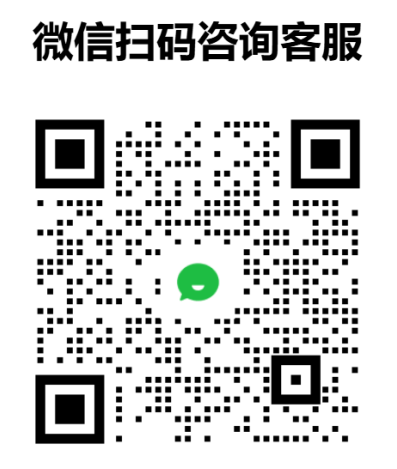User terminal and radio communication method
摘要
說明書
In future radio communication systems (e.g., NR), studies are underway to allow a UE to control, based on information about a quasi-co-location (QCL) of at least one of a signal and a channel (expressed as a signal/channel), reception processing (e.g., demapping, demodulation, decoding, reception beam formation, and the like) and transmission processing (e.g., mapping, modulation, coding, precoding, Tx beam formation, and the like) of the signal/channel.
However, when the UE is configured with cross-carrier scheduling, an operation of determining the information about the QCL is not clear. If it is difficult to appropriately determine the QCL, there is a possibility that degradation of system performance such as degradation of frequency utilization efficiency is caused.
Therefore, an object of the present disclosure is to provide a user terminal and a radio communication method that appropriately determine information about a QCL in a case where cross-carrier scheduling is configured.
A user terminal according to one aspect of the present disclosure includes: a reception section which monitors a first downlink control channel for cross-carrier scheduling in a first cell; and a control section which assumes that transmission configuration indication (TCI) field information indicating whether a TCI field exists in downlink control information is set to be enabled when a downlink shared channel of a second cell is scheduled by the downlink control information in the first downlink control channel and the second cell is different from the first cell.

